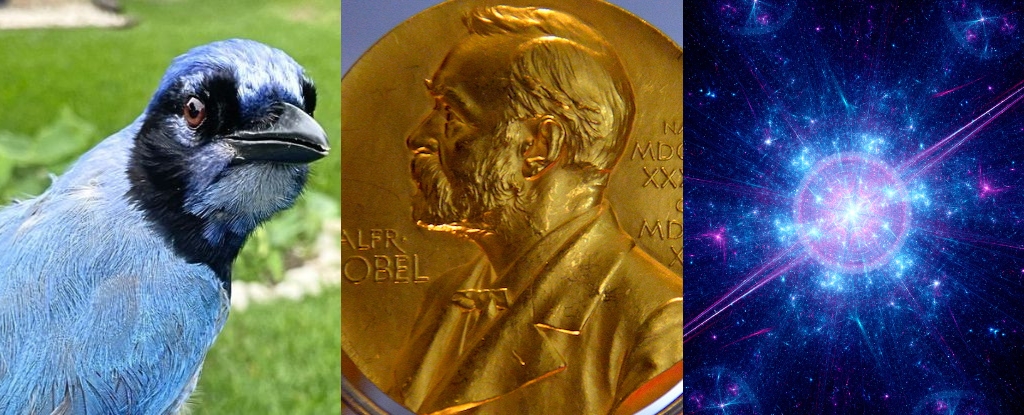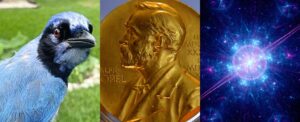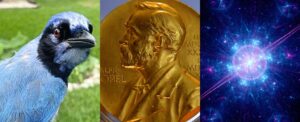
Recent scientific advancements have unveiled significant discoveries, ranging from heart health to cosmic phenomena. This week, researchers reported alarming links between common risk factors and cardiovascular events, celebrated Nobel Prize winners for their groundbreaking work, and explored intriguing aspects of human health and the universe’s fate.
Heart Health Linked to Four Key Risk Factors
A comprehensive study has identified that 99 percent of heart attacks and strokes can be attributed to four primary risk factors: high blood pressure, high cholesterol, high blood sugar, and smoking. Notably, high blood pressure emerged as the most prevalent factor associated with cardiovascular incidents. According to research conducted in both the United States and South Korea, over 93 percent of individuals who suffered a heart attack, stroke, or heart failure had hypertension beforehand. This finding underscores the critical importance of managing blood pressure to prevent severe cardiovascular diseases in the future.
Nobel Prizes Celebrate Major Scientific Achievements
This week, the prestigious Nobel Prizes were awarded, recognizing outstanding contributions to various scientific fields. The Nobel Prize in Physiology or Medicine was jointly awarded to Shimon Sakaguchi from Osaka University, Mary E. Brunkow from the Institute for System Biology, and Fred Ramsdell from Sonoma Biotherapeutics, both in the United States. Their research focuses on understanding how the immune system can prevent itself from attacking the body.
In the realm of physics, the Nobel Prize was conferred upon John Clarke from the UK, Michel Devoret from France, and John Martinis from the US for their pioneering work in applying quantum mechanics, which has enabled advancements in digital technology, including smartphones and next-generation computers.
The Nobel Prize in Chemistry honored Susumu Kitagawa from Kyoto University, Richard Robson from the University of Melbourne, and Omar M. Yaghi from the University of California, Berkeley. Their research led to the discovery of a new form of molecular architecture characterized by crystals containing large cavities.
Insights into Sleep and Health
A recent study has revealed that there are five distinct sleep profiles that provide insights into individual health. Neuroscientist Aurore Perrault from Concordia University in Canada noted that these profiles are reflected in unique patterns of brain function observed through MRI scans, indicating a significant connection between sleep experiences and brain activity.
In a surprising ecological discovery, a hybrid bird dubbed “Grue Jay” was spotted in a Texas backyard. Ecologist Brian Stokes from the University of Texas at Austin suggested that this might be the first known vertebrate hybrid resulting from two species expanding their ranges due to climate change.
Uncovering Hidden Cancer Risks
Emerging research indicates that toenails may hold critical information regarding exposure to an invisible cause of lung cancer. Biochemist Aaron Goodarzi from the University of Calgary in Canada explained that findings from the study could lead to the inclusion of more patients in early screening and diagnosis, particularly those whose lung cancer is not linked to tobacco smoke.
The Universe’s Fate: A Reverse Big Bang?
Astrophysicists have made predictions regarding the potential end of the universe, suggesting it may experience a “reverse Big Bang.” Henry Tye, an astrophysicist at Cornell University, stated, “For any life, you want to know how life begins and how life ends.” He emphasized the significance of understanding the universe’s beginning and potential end, noting that previous assumptions held that it could continue indefinitely. If current data is validated, it could change our understanding of cosmic longevity.
These remarkable findings emphasize the ongoing quest for knowledge in various scientific fields, highlighting the interconnectedness of health, technology, and the universe.






